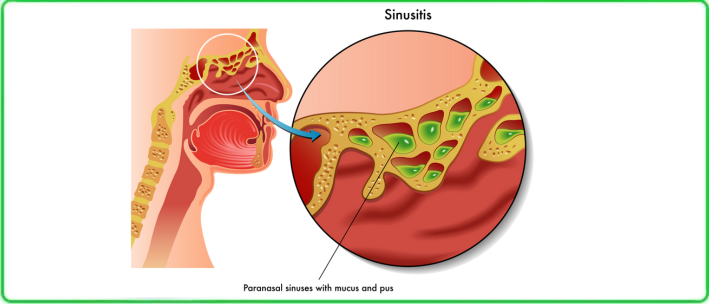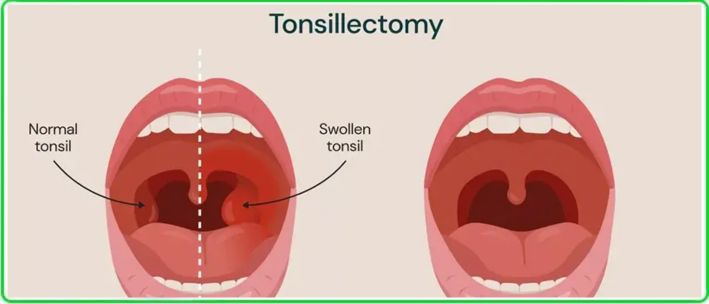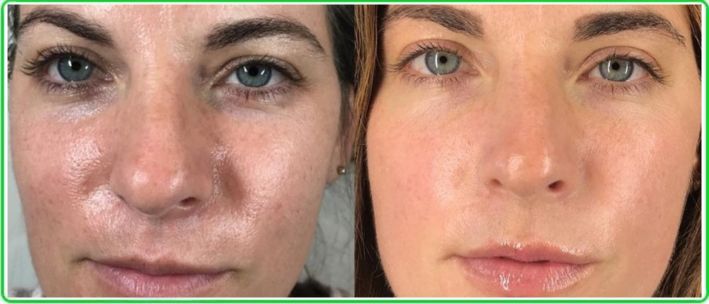CHRONIC SINUSITIS: CURRENT EVIDENCE-BASED TREATMENT APPROACHES

What Is Chronic Sinusitis
Chronic rhinosinusitis (CRS) is inflammation of the lining of the paranasal sinuses lasting 12 weeks or more. Symptoms include:
- nasal blockage;
- nasal discharge or postnasal drip;
- reduced or lost sense of smell;
- facial pressure or pain.
According to EPOS 2020 (European Position Paper on Rhinosinusitis and Nasal Polyps), CRS management should be multi-stage, personalized, and aimed at controlling inflammation, restoring sinus drainage, and improving the patient’s quality of life.
Causes and Classification
EPOS 2020 defines two main subtypes:
- CRSsNP – chronic rhinosinusitis without nasal polyps.
- CRSwNP – chronic rhinosinusitis with nasal polyps.
Factors that may contribute:
- allergies;
- frequent viral infections;
- anatomical abnormalities (deviated septum, turbinate hypertrophy);
- chronic infection sources;
- immune system disorders.
Medical Therapy: The First Step
EPOS 2020 recommends starting treatment with intranasal corticosteroids to reduce inflammation and swelling, improve breathing, and minimize polyp growth.
Additional options include:
- saline nasal irrigation to clear mucus and allergens;
- mucolytic or herbal secretolytic agents (e.g., Myrtol);
- short courses of systemic steroids during severe flare-ups;
- antibiotics only if bacterial infection is confirmed.
When Surgery Is Indicated
If medical treatment fails, EPOS 2020 advises moving to surgical options.
FESS (Functional Endoscopic Sinus Surgery)
A minimally invasive endoscopic procedure to remove blockages and restore natural drainage and ventilation of the sinuses.
Other Procedures
- Turbinoplasty (reducing the size of the turbinates).
- Septoplasty (straightening the nasal septum).
Biologic Therapy for CRSwNP
For patients with CRSwNP who remain symptomatic despite surgery and steroid therapy, EPOS 2020 recommends biologic agents.
These target specific inflammatory pathways, shrink polyps, and reduce the need for repeat surgeries.
Modern Diagnostics at KindCare Medical Center
At KindCare Medical Center, CRS diagnosis follows EPOS 2020 guidelines:
- nasal and sinus endoscopy;
- CT scans of the sinuses;
- smell testing;
- allergy testing.
We use state-of-the-art equipment and minimally invasive techniques to ensure comfort and accuracy.
CRS Treatment at KindCare Medical Center
We provide a comprehensive treatment program:
- evidence-based medical therapy;
- minimally invasive endoscopic surgery;
- biologic therapy for nasal polyps;
- personalized rehabilitation plans.
Our team:
- ENT Specialist – Dr. Maryna, PhD, Associate Professor, 25 years of surgical ENT experience.
- Pediatrician – Dr. Irina, 25+ years of experience, expert in ENT disease prevention in children.
Preventing Relapses
EPOS 2020 emphasizes prevention to lower recurrence risk:
- regular nasal saline irrigation;
- allergy management;
- treating co-existing conditions;
- annual preventive ENT check-ups.
KindCare Medical Center follows international EPOS 2020 guidelines, offering patients effective, safe, and personalized chronic sinusitis care.
Book your consultation today — we’ll help you breathe freely and live without symptoms.












